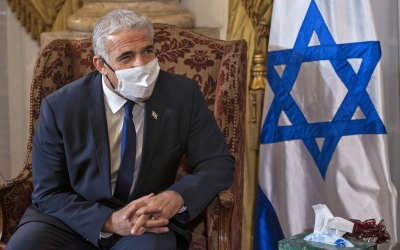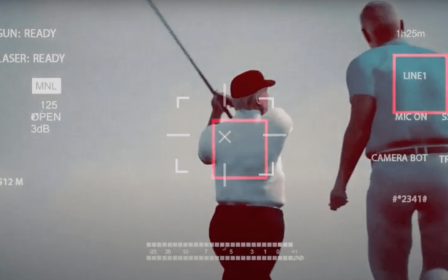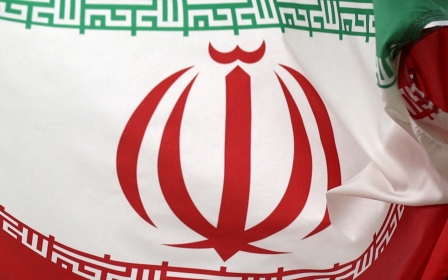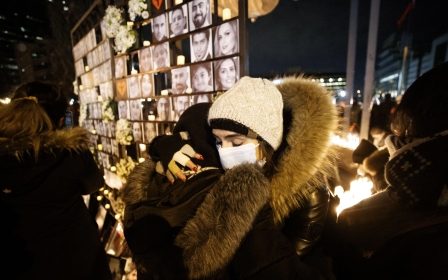US warns only 'a few weeks left' to save Iran nuclear deal
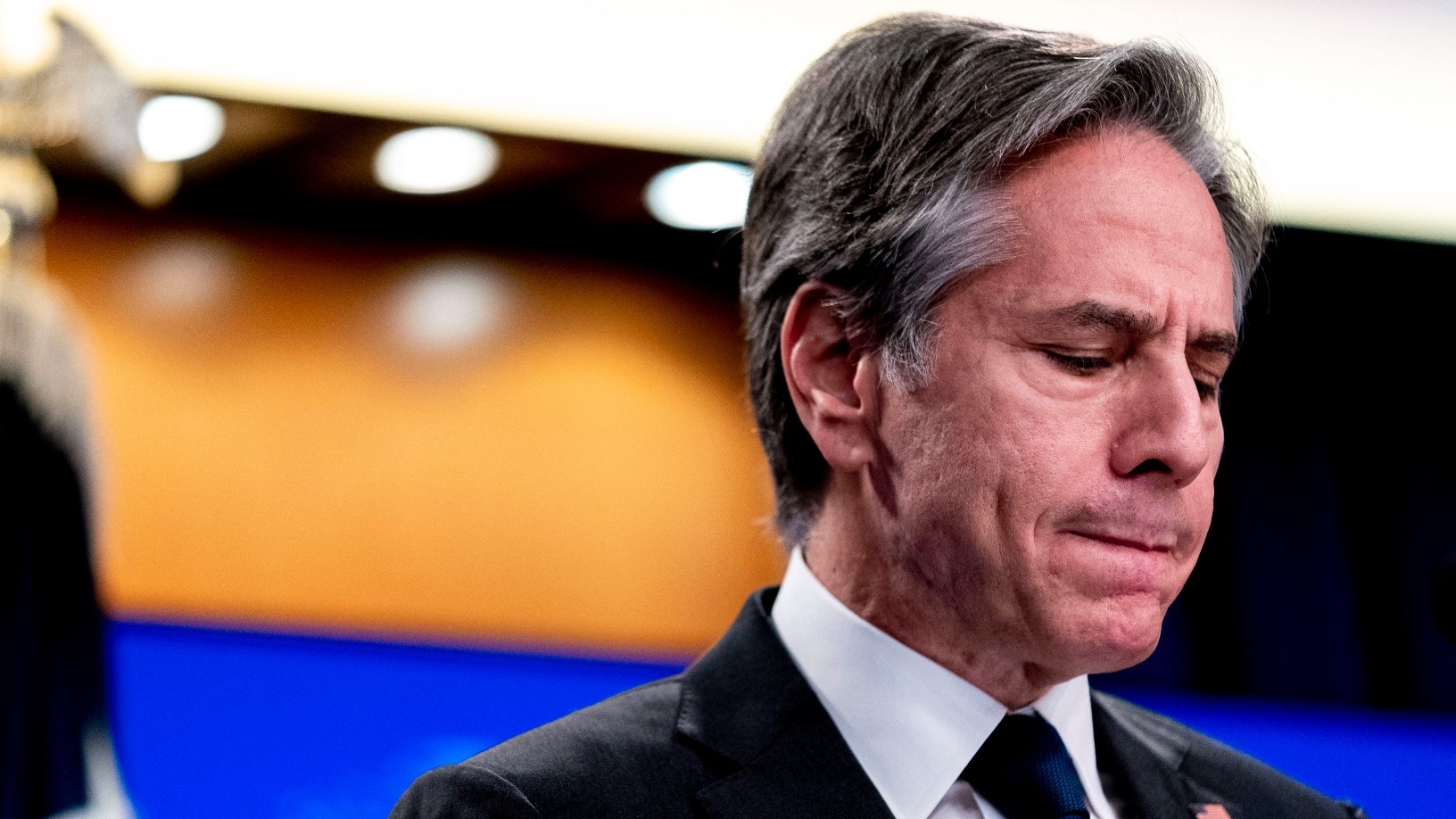
US Secretary of State Antony Blinken has warned that there are only "a few weeks left" to return to the 2015 nuclear deal with Iran and world powers before Tehran's nuclear advancements become too difficult to reverse.
"We have, I think, a few weeks left to see if we can get back to mutual compliance. That would be the best result for America's security," he told US public radio station NPR, speaking amid the latest round of negotiations in Vienna between Tehran and the other signatories of the nuclear accord.
However, Washington's top diplomat stressed that "we're very, very short on time" because "Iran is getting closer and closer to the point where they could produce on very, very short order enough fissile material for a nuclear weapon".
Blinken added that Tehran had made nuclear advances that "will become increasingly hard to reverse because they're learning things. They're doing new things as a result of having broken out of their constraints under the agreement".
The 2015 nuclear deal, officially known as the Joint Comprehensive Plan of Action (JCPOA), was signed by Iran, the US, UK, Russia, France, China and Germany and offered direly needed international sanctions relief to Tehran in exchange for curbs on its nuclear programme.
Former US President Donald Trump, however, left the deal in 2018 and reimposed wide-ranging sanctions on the country. Iran continued to remain under compliance for months until it began to reduce some of its commitments in 2019.
Blinken said the move by the Trump administration was "one of the worst decisions made in recent American foreign policy".
'Other options'
US President Joe Biden has made it clear that returning to the deal is a top policy priority, while his Iranian counterpart Ibrahim Raisi has shown an eagerness to find relief from US sanctions.
The current round of indirect negotiations between Washington and Tehran began in November, however since then the two countries have engaged in increased escalations towards one another.
The latest ratcheting of tensions came earlier this week, when Iranian Supreme Leader Ayatollah Khamenei released an animated video on his official website depicting the assassination of Trump in a targeted drone strike.
US Republican Senator Lindsey Graham responded to the video, calling on the Biden administration to suspend the nuclear talks. His call echoed similar calls made by more than 100 House Republicans on Monday.
"If we don't, the Iranians and everyone else in the region will take this as a tremendous sign of weakness," he said in a tweet.
Iran and Russia have displayed optimism at the latest round of talks, with Moscow saying on Friday that "real progress" had been achieved and a deal was expected to be reached.
The US, however, has shown caution, saying that major points still need to be worked out. Washington has also said it is "looking at other steps, other options" with allies including in Europe and the Middle East if a deal cannot be reached.
"We're prepared for either course," Blinken told NPR, noting that "it would be far preferable for our security, for the security of allies and partners, if we can get a return to compliance".
Middle East Eye propose une couverture et une analyse indépendantes et incomparables du Moyen-Orient, de l’Afrique du Nord et d’autres régions du monde. Pour en savoir plus sur la reprise de ce contenu et les frais qui s’appliquent, veuillez remplir ce formulaire [en anglais]. Pour en savoir plus sur MEE, cliquez ici [en anglais].


